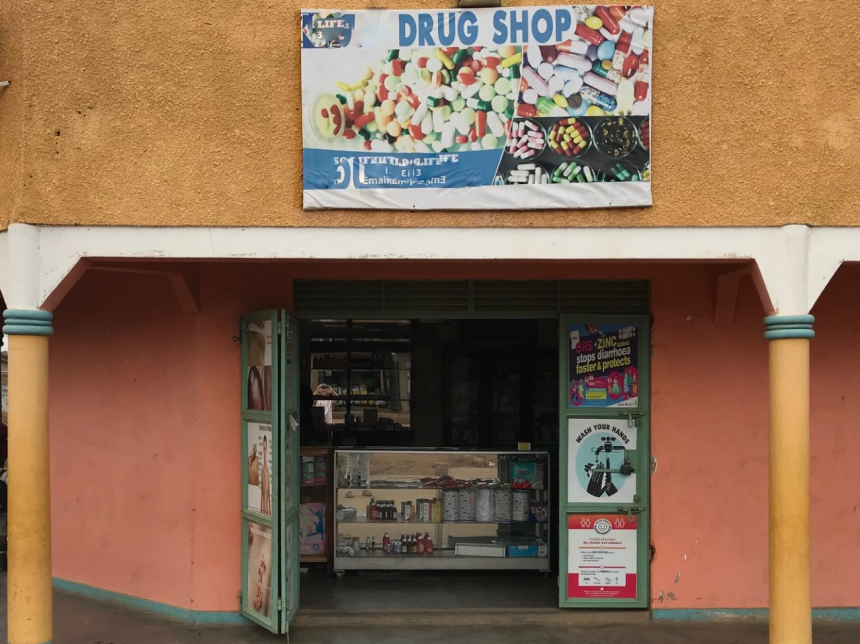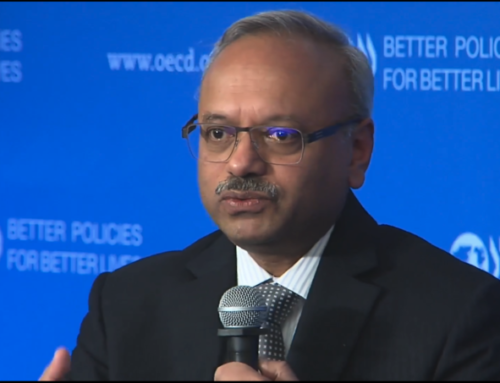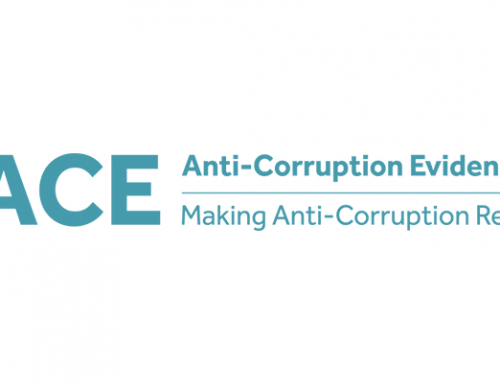
This blog was written by Eleanor Hutchinson, Anthony Mbonye, Sunday Mundua, Lydia Ochero, Sian Clarke, Dina Balabanova, Kristian Hansen, Freddy Kitutu, members of SOAS-ACE. It was originally published on the Health Systems Global website on 3 April 2020.
At the time of writing (31st March), Uganda has 44 reported cases of COVID-19, and approximately 1,800 people are under quarantine. Uganda has been very effective so far in its response to outbreaks and President Museveni is spearheading efforts to control the pandemic. Social distancing measures are being enacted such as closures of schools and religious buildings, public gatherings, the suspension of public transport and closures of shops and malls. The relative youthfulness of the Ugandan population may be protective. If the pandemic spreads in Uganda as fast as it has done worldwide, private medicine outlets including drug shops will be on the frontline of the response. They will thus need resources so that they are well-trained and supported to help contain the virus. This blog post makes the case for scaling up the involvement of these actors in the pandemic response.
Why is it imperative that drug shops are involved in a government response?
Private sector drug shops and clinics provide the bulk of the initial care when people are sick in Uganda. Up to 80 per cent of patients go to the private sector including around two thirds of children with fever and 12 per cent of children with acute respiratory infection.
Data that we are currently collecting in one district near Kampala suggests that most transactions in drug shops are for painkillers, with paracetamol being by far the most frequently sold drug. If COVID-19 starts to spread through the population, then drug shops and similar outlets are very likely to be the first port of call for sick people and/or members of their households to obtain medicine for symptom relief.
Drug shops need to stay open as they constitute a vital lifeline to medicines across the country and we cannot expect people to change their treatment seeking behaviour at this time. We also need to ensure that these places do not become hotspots for the infection and so people working in these outlets need to join other health workers to be trained. Social distancing measures that minimize person-to-person contact and enhanced personal hygiene have been emphasized in efforts to contain the COVID-19 outbreak. It will be imperative to ensure that these places have soap and a place to wash hands, set up extra seating two meters apart outside shops, constantly clean the premises, and that, wherever possible, masks and gloves are available for providers and care-seekers.
What else can private medicine outlets bring to a government response?
Drug shops may have more to offer. There is a good deal of health competence and social capital in drug shops. Research has consistently shown that drug sellers have a reasonable level of formal training in health-related disciplines. Our recent research identified many out-of-work nurses and midwives now working in these drug shops.
This expertise can be built upon. Given that the drug sellers are often trusted by the population, they may be able to counter rumours and misuse of medicines, which could grow in response to the pandemic. They also have capacity to become incorporated into a system of community surveillance, through which infections could be tracked. The threat of cross-infection means that it would be difficult to scale up tests for current COVID-19 infections in drug shops. If antibody tests become available and the government seeks to use them as part of their strategy then drug shops and similar outlets could (with sufficient training) become testing sites or sites where these tests could be distributed to households. We know that drug shop vendors can be trained to use rapid malaria tests. If antibody tests for COVID-19 tests are similar, training kits could easily be repurposed. Because drug shops are numerous, spread across both urban and rural areas, this could be very helpful – meaning that tests could be done nearer to home and patients would not have to travel and so would support social distancing. They could also be distribution sites for hand sanitisers, liquid soaps and masks, especially in rural areas where people are unlikely to be able to afford to buy these products.
How could drug shops be organised and what are the political issues?
As single-owner operator businesses, drug shops and private clinics could be difficult to organise. Under the SOAS Anti-corruption evidence research consortium, which seeks feasible, high impact ways to improve rule abiding behaviour in low- and middle-income settings we have looked at the political organisation around these markets. Our research shows that in Uganda these markets are much better organised than previously thought. The National Drug Shop Advocacy Initiative (NDAI) is well trusted by many drug sellers, and it has access to the names and contact details of hundreds of shops and vendors working across the country. We have used these lists in our research and found them to be up-to-date. With a small amount of encouragement, financial support and technical guidance to ensure that the information shared is correct, timely and well-integrated into the national response, the NDAI can send messages to, and receive them from, drug sellers to help the government deliver messages and stay in touch with what is happening on the ground.
In the area we are working in, sub-county chiefs are keen to get drug shops involved in community awareness programmes, but there are likely to be political issues that will need to be overcome if we are to ensure that drug shops are able to be a core part of the COVID-19 response. Drug shops are seen as marginal, temporary actors, to be supplanted by others as the health system expands and improves. Recent attempts by the National Drug Authority to restrict their access to space within urban markets shows that these ideas prevail in many government institutions. Drug sellers need to be recognised as important stakeholders in increasing access to life-saving health commodities. Although we recognise that not every drug shop acts effectively and responsibly, during critical times like these drug shops need to be understood to be part of the solution at the frontline and can become critical players in the protection of residents of Uganda.
—
This blog is an output of the SOAS Anti-Corruption Evidence (ACE) research consortium funded by UK aid from the UK Government. The views presented in this publication are those of the author(s) only and do not necessarily reflect the UK government’s official policies or the views of SOAS-ACE or other consortium partner organisations.
—
Image credit: Eleanor Hutchinson






